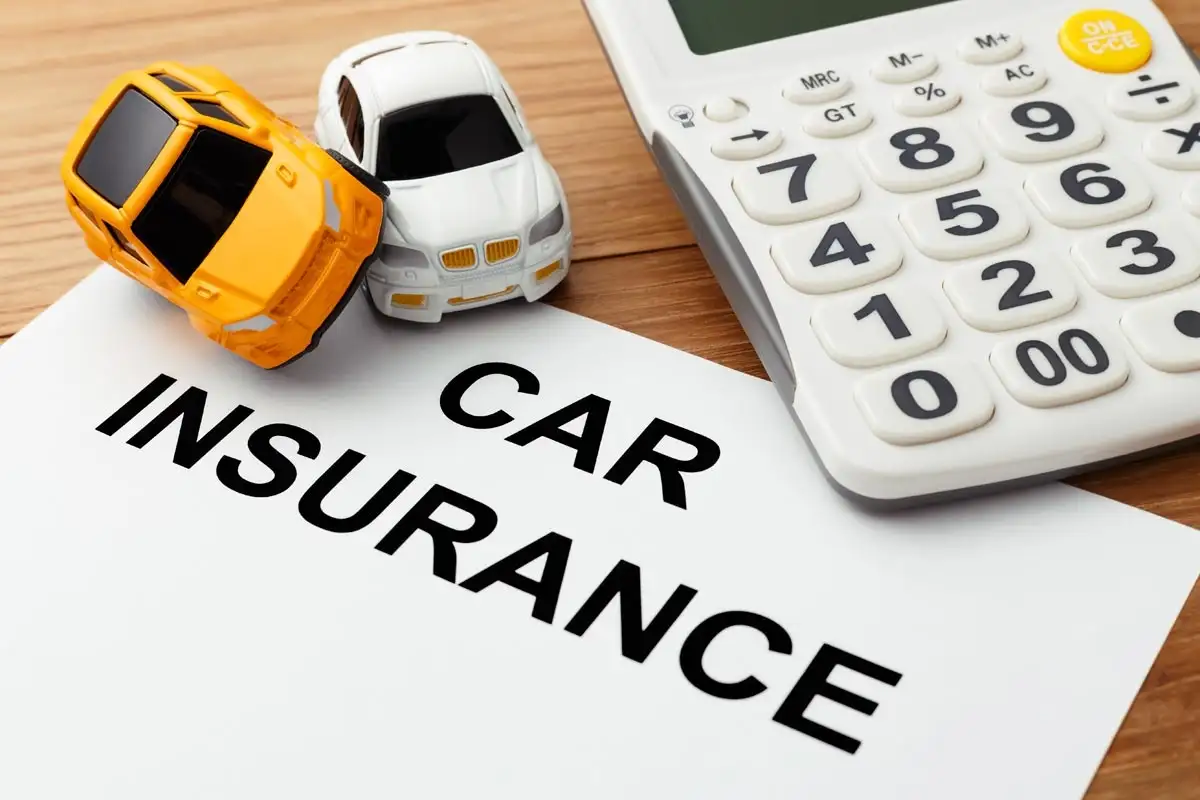Choosing the right car insurance can feel overwhelming, especially with so many options, providers, and coverage types available. As we approach 2025, the landscape of car insurance is evolving with new technologies, regulations, and consumer expectations. This comprehensive guide will help you understand how to find the best car insurance tailored specifically for your needs in 2025.
Key Takeaways
- The best car insurance depends on your individual needs, vehicle, and budget.
- Don’t choose based on price alone; value and coverage are crucial.
- Usage-based and telematics insurance can lower costs for safe drivers.
- Check insurer reputation, customer service, and financial stability.
- Review and update your policy annually to keep coverage relevant.
- Emerging technologies will continue to shape car insurance in 2025 and beyond.
- Always shop around and compare multiple quotes before purchasing.
Understanding Car Insurance: The Basics
Before diving into what makes the best car insurance, it’s important to understand the fundamental types of coverage and how they work.
- Liability Insurance: Covers damages and injuries you cause to others in an accident.
- Collision Insurance: Covers damage to your vehicle after a collision.
- Comprehensive Insurance: Protects against non-collision damage such as theft, fire, or natural disasters.
- Personal Injury Protection (PIP): Covers medical expenses for you and your passengers.
- Uninsured/Underinsured Motorist Coverage: Protects you if the other driver has insufficient insurance.
Every state and country has minimum legal requirements, but the best car insurance often goes beyond these basics.
Key Factors in Choosing the Best Car Insurance for You in 2025
1. Coverage Needs
The best policy fits your lifestyle, vehicle, and risk profile. For example:
- If you have a new or expensive car, collision and comprehensive coverage might be essential.
- If you drive less or have an older car, you might opt for liability-only to save costs.
- Consider add-ons like roadside assistance, rental reimbursement, or gap insurance.
2. Price vs. Value
Cheapest doesn’t always mean best. A low premium might come with high deductibles or limited coverage.
- Look at the total cost of ownership, including premiums, deductibles, and out-of-pocket expenses.
- Discounts (for safe driving, bundling, good credit) can reduce costs significantly.
3. Provider Reputation and Customer Service
- Check reviews and ratings from trusted sources (J.D. Power, Consumer Reports).
- Fast claims processing and helpful customer service are critical during stressful times.
4. Technology and Usage-Based Insurance
By 2025, many insurers offer telematics or usage-based insurance (UBI):
- Devices or apps track your driving habits to reward safe drivers.
- This can significantly lower premiums if you drive responsibly.
5. Legal and Regulatory Changes
New laws around insurance minimums, ride-sharing, and autonomous vehicles are emerging.
- Your insurer’s ability to adapt to these changes matters.
6. Financial Stability of the Insurer
- Choose companies with strong financial health to ensure they can pay claims.
Top Car Insurance Providers to Watch in 2025

While many companies offer quality car insurance, a few stand out due to innovation, coverage options, and customer satisfaction.
1. State Farm
- Largest U.S. insurer with extensive agent network.
- Strong discounts and solid customer satisfaction.
- Offers telematics with the Drive Safe & Save program.
2. GEICO
- Known for affordable premiums.
- User-friendly app and quick claims process.
- Usage-based program called DriveEasy.
3. Progressive
- Innovative Snapshot telematics program.
- Strong in bundling insurance types.
- Competitive pricing and custom coverage.
4. Allstate
- Good for customizable coverage.
- Offers Drivewise telematics.
- Extensive local agents and add-ons.
5. USAA (for military members and families)
- Exceptional customer service and competitive rates.
- Strong financial stability.
- Usage-based insurance programs available.
6. Lemonade
- Newcomer using AI to simplify buying and claims.
- Transparent pricing and fast digital service.
- Great for tech-savvy consumers.
How to Shop for the Best Car Insurance in 2025
Step 1: Assess Your Needs
- Vehicle age and value
- Driving habits and mileage
- Risk tolerance and financial situation
Step 2: Gather Multiple Quotes
- Use online comparison tools.
- Consider direct insurers and agents.
Step 3: Evaluate Coverage and Discounts
- Don’t just pick based on price; check coverage limits and exclusions.
- Ask about bundling (home + auto) and safe driver discounts.
Step 4: Check Reviews and Financial Ratings
- Review consumer feedback.
- Look at AM Best, Standard & Poor’s financial strength ratings.
Step 5: Consider Technology Options
- Usage-based programs or telematics.
- Mobile apps for claims and payments.
Step 6: Review and Purchase
- Carefully read the policy before buying.
- Keep a copy and set reminders for renewal.
The Role of Emerging Technologies in 2025 Car Insurance

The car insurance industry is rapidly evolving thanks to technology:
- Telematics and Usage-Based Insurance: Monitor real-time driving behavior for personalized premiums.
- AI and Machine Learning: Enhance fraud detection and speed up claims processing.
- Autonomous Vehicles: Insurance models are adapting as self-driving cars become more common.
- Blockchain: Improving transparency and data security.
- Mobile Apps: Providing easier access to policies, payments, and claims.
Embracing these technologies can lead to better pricing and customer experience.
Common Mistakes to Avoid When Choosing Car Insurance
- Selecting the cheapest policy without understanding coverage.
- Ignoring state minimum requirements.
- Overlooking discounts or bundling opportunities.
- Failing to review and update your policy annually.
- Not checking the insurer’s claims handling reputation.
Also Read :-What Are The Best Ways To Obtain Quick Loan Cash?
Conclusion
Finding the best car insurance in 2025 is a balance of understanding your personal needs, evaluating coverage options, comparing prices, and choosing a reputable provider that embraces technology and offers good customer service. The evolving landscape—marked by telematics, AI, and the rise of autonomous vehicles—means drivers can expect more personalized and flexible policies than ever before.
Whether you prioritize cost, coverage, or innovation, doing your homework and reviewing your insurance regularly will ensure you get the best protection for your money.
FAQs
1. What is the difference between liability and comprehensive coverage?
Liability covers damages and injuries you cause others, while comprehensive covers damage to your car from non-collision events like theft, fire, or natural disasters.
2. How does usage-based insurance work?
It uses telematics devices or smartphone apps to track your driving habits—speed, braking, mileage—and adjusts your premium based on how safely you drive.
3. Can I switch car insurance providers at any time?
Yes, but make sure to check for any cancellation fees and avoid gaps in coverage. Usually, switching at policy renewal is easiest.
4. Is it better to have a high or low deductible?
Higher deductibles usually mean lower premiums but more out-of-pocket costs during claims. Choose a deductible that fits your financial comfort.
5. Will my car insurance cover autonomous vehicles?
Insurance companies are updating policies to cover self-driving cars, but specifics depend on state laws and the level of automation.
6. How do insurance companies determine my premium?
Premiums are based on factors like driving record, vehicle type, location, age, credit score, and coverage choices.
7. Are there discounts for electric or hybrid cars?
Many insurers offer discounts for eco-friendly vehicles, but availability varies. It’s best to ask your insurer directly.



